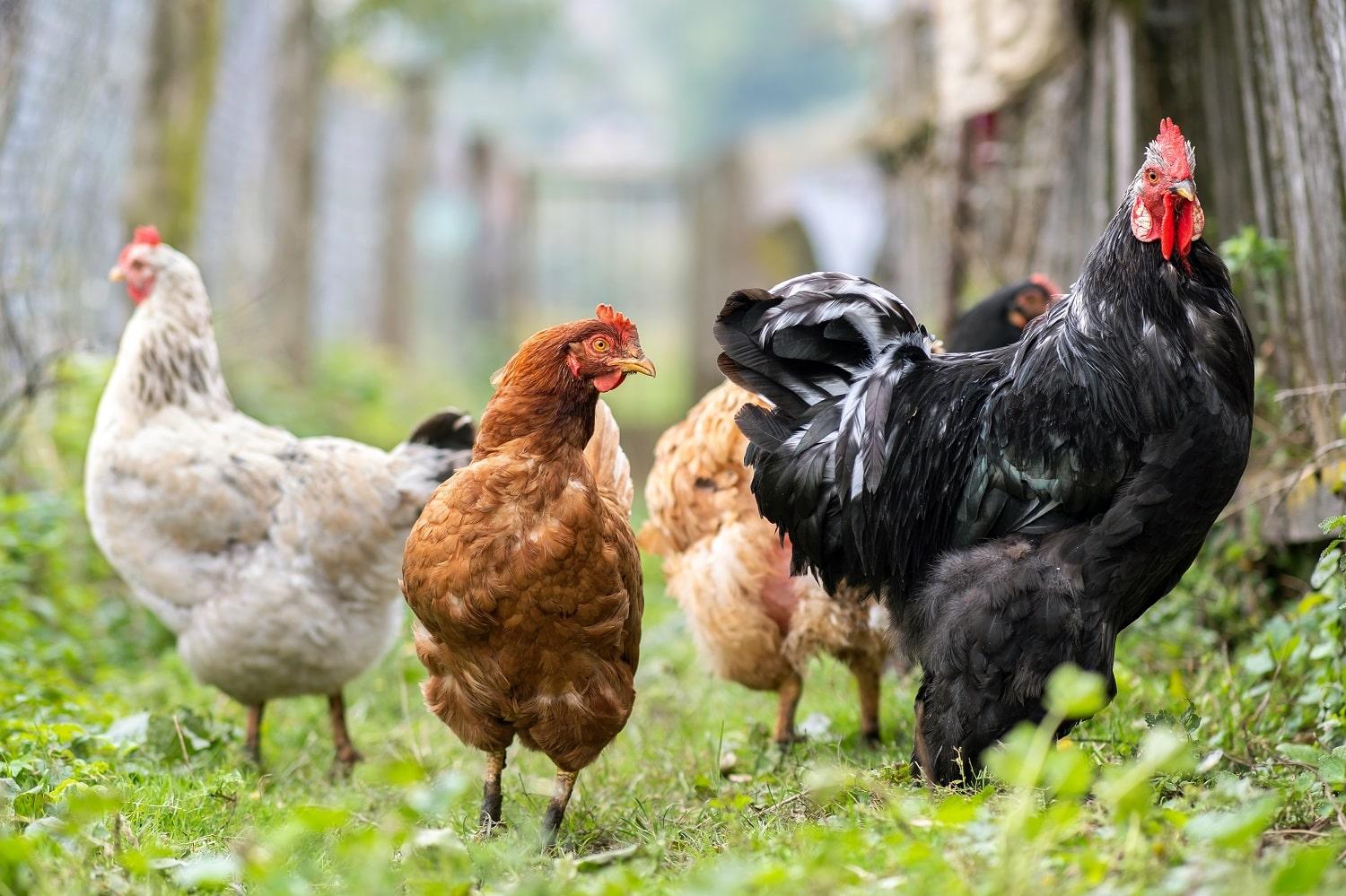The Importance of Poultry Meat in Our Diets and the Chilean Economy
Poultry meat is a popular and important source of protein for people all over the world. Poultry meat includes a variety of different types of birds, such as chicken, turkey, duck, and quail. These birds are raised and processed for their meat, which is used in a wide range of dishes and food products.
One of the key benefits of poultry meat is its nutritional value. Poultry meat is a lean source of protein, which means it is low in fat and cholesterol. This makes it an ideal choice for people who are looking to maintain a healthy diet and lifestyle. Poultry meat is also rich in essential nutrients, such as iron, zinc, and vitamin B12, which are important for overall health and wellbeing.
In addition to its nutritional value, poultry meat is also versatile and easy to cook. It can be grilled, roasted, fried, or baked, and it can be used in a wide range of dishes, from traditional meals to fast food favorites. Poultry meat is a staple in many cuisines around the world, including American, European, Asian, and Middle Eastern cuisines.
However, it is important to note that not all poultry meat is created equal. The quality and safety of poultry meat can vary depending on a range of factors, including production practices, animal health, and regulations.
In recent years, there has been growing concern about the use of antibiotics and other drugs in the poultry industry. Many poultry farmers use antibiotics to prevent and treat diseases in their birds, but this practice can lead to the development of antibiotic-resistant bacteria, which can be harmful to humans.
To address these concerns, many poultry farmers and processors are adopting new production practices, such as reducing the use of antibiotics and implementing strict animal welfare standards. These practices not only help to ensure the safety and quality of poultry meat but also promote sustainable and ethical farming practices.
In addition to these concerns, there is also a growing demand for organic and free-range poultry meat. Organic poultry meat is produced without the use of synthetic pesticides, fertilizers, or antibiotics, while free-range poultry meat is produced from birds that have access to the outdoors and are able to forage for food.
While organic and free-range poultry meat is often more expensive than conventionally produced meat, many consumers are willing to pay the premium price for these products because of the perceived health and environmental benefits.
In Chile, the poultry industry is a major contributor to the country’s economy and food security. The country’s mild climate and favorable production conditions make it an ideal location for poultry farming, and the industry has undergone significant growth over the past few decades.
Chicken is the most widely consumed type of poultry meat in Chile, accounting for approximately 91% of all poultry consumed. However, the industry also produces a range of other poultry products, including turkey, duck, and quail.
In recent years, the Chilean poultry industry has faced some challenges, including outbreaks of avian influenza and concerns about animal welfare. However, the industry has responded by implementing strict biosecurity measures and improving animal welfare standards.
Chile’s poultry industry is also supported by a range of government initiatives and policies aimed at promoting agricultural development and increasing exports. The government has invested in research and development to improve production processes and animal health, and has implemented regulations to ensure the safety and quality of poultry products.
In terms of consumption, poultry meat is an important part of the Chilean diet, with chicken being the most widely consumed type of meat in the country. Poultry meat is a popular ingredient in many traditional Chilean dishes, including empanadas, cazuela, and arrollado de pollo.
In conclusion, poultry meat is a popular and important source of protein for people all over the world


